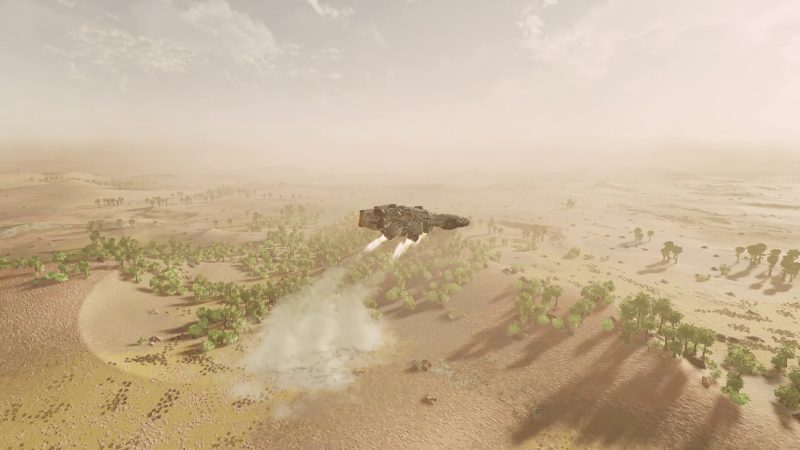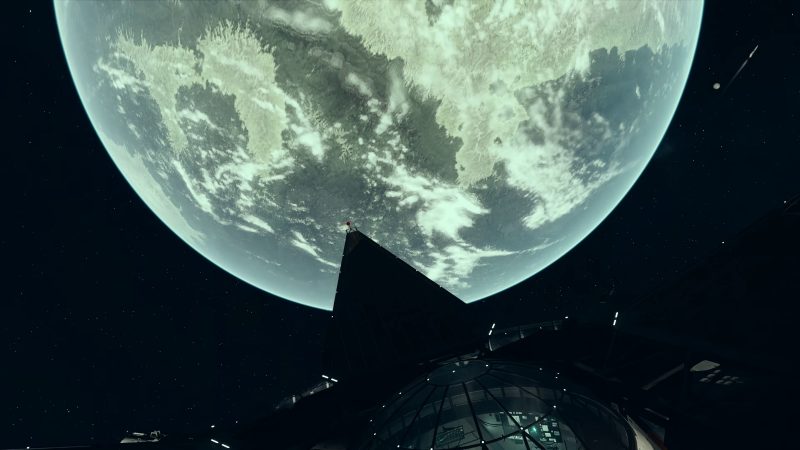As the countdown to Starfield's September 6th launch grows shorter, the gaming universe seems to hum with a kind of cosmic electricity. Pegged as potentially the most anticipated game of the year, or even the decade, Starfield has drawn in audiences with the promise of a once-in-a-lifetime epic space-faring quest that features thousands of fully explorable planets and complex side quests as well as a robust modding kit that lets you create entirely new planets. But as we all prepare for lift-off, there's a darker side to this enthusiasm: a rising tide of review bombing campaigns and criticism that threatens to tarnish the game's reputation before it even hits the market. The question is, why?
It's easy to write off trolls like a certain Twitter user who lambasted Starfield with claims that exploration in the game is inherently dishonest because you can't land on gas giants.
"But you can build ships that look like robots and have powers?" was his quick and snappy retort when educated by a lot of people online with elementary understanding of science and science fiction. This argument might seem ridiculous to anyone who knows even an iota about the genre, but it reflects a disturbing trend in gaming culture: the inability to differentiate between genuine criticism and simply hating for the sake of hating.



